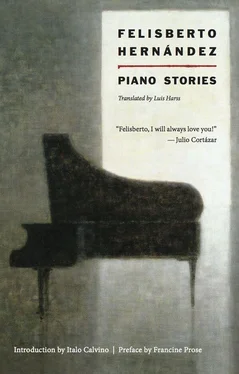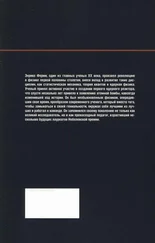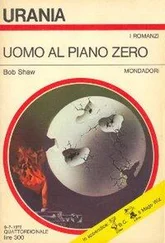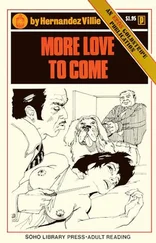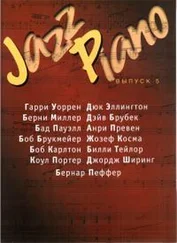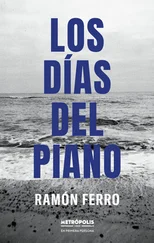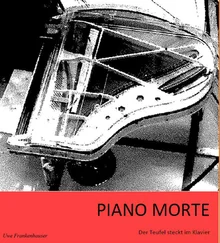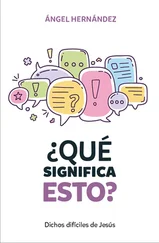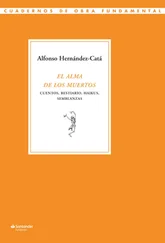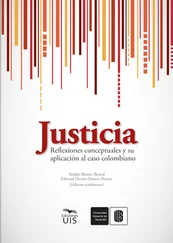Felisberto Hernandez - Piano Stories
Здесь есть возможность читать онлайн «Felisberto Hernandez - Piano Stories» весь текст электронной книги совершенно бесплатно (целиком полную версию без сокращений). В некоторых случаях можно слушать аудио, скачать через торрент в формате fb2 и присутствует краткое содержание. Год выпуска: 2014, Издательство: New Directions, Жанр: Современная проза, на английском языке. Описание произведения, (предисловие) а так же отзывы посетителей доступны на портале библиотеки ЛибКат.
- Название:Piano Stories
- Автор:
- Издательство:New Directions
- Жанр:
- Год:2014
- ISBN:нет данных
- Рейтинг книги:4 / 5. Голосов: 1
-
Избранное:Добавить в избранное
- Отзывы:
-
Ваша оценка:
- 80
- 1
- 2
- 3
- 4
- 5
Piano Stories: краткое содержание, описание и аннотация
Предлагаем к чтению аннотацию, описание, краткое содержание или предисловие (зависит от того, что написал сам автор книги «Piano Stories»). Если вы не нашли необходимую информацию о книге — напишите в комментариях, мы постараемся отыскать её.
Piano Stories
Piano Stories — читать онлайн бесплатно полную книгу (весь текст) целиком
Ниже представлен текст книги, разбитый по страницам. Система сохранения места последней прочитанной страницы, позволяет с удобством читать онлайн бесплатно книгу «Piano Stories», без необходимости каждый раз заново искать на чём Вы остановились. Поставьте закладку, и сможете в любой момент перейти на страницу, на которой закончили чтение.
Интервал:
Закладка:
The association of ideas is not only the favorite game of Hernández’s characters, it is the dominant and avowed passion of the author himself. It is also the procedure through which these tales build themselves up, connecting one motif with another as in a musical composition. And it seems as if the most ordinary everyday experiences set in motion the most unpredictable mental sarabands, while fancies and manias requiring complex premeditation and elaborate choreography aim at nothing more than to evoke forgotten sensations of the most elementary sort. Hernández is forever pursuing an analogy that for a split second has peeped into the remotest corner of his brain circuits, an image foreshadowing another corresponding image several pages ahead, an incongruous juxtaposition that helps him to capture a very precise feeling; and to reach it he must venture onto foot-bridges cast over the void. Out of the tension between a very precise imagination that always knows what it wants and the word that gropes along behind it, is born a charm not unlike that of the paintings of a naif artist.
By this, however, we certainly do not mean to give credence to the classification of Hernández as a “Sunday writer,” an autodidact “out of touch,” which is probably untrue. A surrealism of his own, a Proustianism of his own, a psychoanalysis of his own must, after all, have been reference points in his long search for means of expression. (He too, like all respectable literati of the Rio de la Plata, had put in his obligatory time in Paris.) His way of making room for a play within a play, of setting up games within the story, the rules of which he lays down each time anew, is the solution he has found for giving a traditional narrative structure to the quasi oneiric automatism of his imagination.
What is most astonishing in his writing is the rendering of the physicality of objects and people. An unmade bed, for example: “its nickel-plated bars made me think of a young whore giving herself to the first passerby.” Or a girl’s hair: “Now she was showing me her full head of hair. Between two waves I could see a bit of scalp and it reminded me of the skin of a hen when the wind ruffles her feathers.” Or another girl about to recite a poem: “Her attitude made me think of something between infinity and a sneeze.”
Sensations provoke visual echoes that continue to reverberate in the mind. “The theater where I was giving my concerts was also half empty and invaded by silence: I could see it growing on the big black lid of the piano. The silence liked to listen to the music, slowly taking it in and thinking it over before venturing an opinion. But once it felt at home it took part in the music. Then it was like a cat with a long black tail slipping in between the notes, leaving them full of intentions.” In this instance, the mysterious correlation established between cat and piano is only metaphorical, but in another story it materializes into a Chaplinesque gag of a cat walking across the stage.
Felisberto Hernández is a writer like no other: like no European, nor any Latin American. He is an “irregular” who eludes all classification and labeling, yet is unmistakable on any page to which one might randomly open one of his books.
ITALO CALVINO
Translated from the Italian by Stephen Sartarelli.
Translator’s Note
Felisberto Hernández (1902–1964) never wrote anything he called a “piano story.” But his stories are told from the piano, one might say. He was a professional pianist who started out at the age of fifteen accompanying silent movies. Often he seems to project the story onto an imaginary screen, from the keyboard. At other times he seems to play the story on the piano itself, as if drawing music from one of the mysterious notebooks he kept in a secret shorthand. Most are told in the first person, in the conversational tone in which he enjoyed reading them to his friends, and evoke childhood scenes or the quirky small-town characters and misadventures he met with on his lonely tours of the provinces, where he earned a meager living as a café pianist, staying in seedy hotels while trying to finance his concerts. Many are deceptively simple anecdotes built around a piano incident or memory. Gradually they become more involved, until in some the piano vanishes entirely, although its presence may still make itself felt in strange ways, as it does, for instance, in the groping hands of “Except Julia” or the seeing eyes of “The Usher.” The stories are brooding, humorous, dreamlike fantasies, sometimes with animal faces. The best are small masterpieces of erotic poetry.
Hernández’s life was unspectacular. He was born and he died in Uruguay. Once he spent some shadowy months on a grant in France (an experience reflected in the chase along the river bank with bookstalls in “The Usher” and the student hotel-brothel of “The Daisy Dolls”). He married four times; was a great eater and raconteur at literary soirees; had a passion for fat women; loved to improvise on the piano in the styles of various classical composers; once toured Argentina with his own trio, other times with a flamboyant bearded impresario called Venus González. He preferred to write in shuttered rooms or basements; suffered a life-long emotional dependence on his mother; was haunted by morbid vanity and a sense of failure; became ill-humored and reactionary in middle age; and died of leukemia, his body so bloated it had to be removed through the window of the funeral home in a box as large as a piano.
Most of the stories in this sampling are from his only commercially published collection, No One Had Lit a Lamp (1947). “The Daisy Dolls,” in which he achieved something like total piano vision, came out as a booklet with whimsical illustrations in 1949. “The Flooded House,” with its watery world moved by rowing hands, was his last finished work, published in 1960. “The Stray Horse” (1943) is a novella with self-commentary in his earlier rambling style. “How Not to Explain My Stories” (1955) is his charming ars poetica. “Just Before Falling Asleep,” a revealing fragment dealing with peephole memory, was composed around 1946.
LUIS HARSS
Piano Stories
How Not to Explain My Stories
Anything I may feel obliged to reveal — or betray — about how I write my stories will be external to them. They are not completely natural, in the sense of having been free from all conscious interference — I would find that distressing. Nor are they ruled by some theory of consciousness — I would find that even more distressing. I would rather say the conscious mind acts mysteriously in them. My stories have no logical structures. Even the consciousness undeviatingly watching over them is unknown to me. At a given moment I think a plant is about to be born in some corner of me. Aware of something strange going on, I begin to watch for it, sensing that it may have artistic promise. I would be happy if the idea weren’t a complete loss. But I can only watch and wait, indefinitely: I don’t know how to nurture the plant or make it bloom. All I have is the feeling or hope that it will grow leaves of poetry or of something that could become poetry when seen by certain eyes. I must take care that it does not occupy too much space or try to be beautiful or intense, helping it to become only what it was meant to be. At the same time, it will be on guard against the mind contemplating it when that mind suggests too many grand meanings or intentions. If the plant is true to itself, it will give out a natural poetry it is unaware of. It must be like a person who does not know how long he will live but has his own needs and modest pride, carried a bit awkwardly so as to seem improvised. The plant will not know its own laws, although it may have them, deep down, out of reach of consciousness. It will not know to what degree or in what way consciousness is interfering, but will prevail over it in the end, teaching it to be a disinterested onlooker.
Читать дальшеИнтервал:
Закладка:
Похожие книги на «Piano Stories»
Представляем Вашему вниманию похожие книги на «Piano Stories» списком для выбора. Мы отобрали схожую по названию и смыслу литературу в надежде предоставить читателям больше вариантов отыскать новые, интересные, ещё непрочитанные произведения.
Обсуждение, отзывы о книге «Piano Stories» и просто собственные мнения читателей. Оставьте ваши комментарии, напишите, что Вы думаете о произведении, его смысле или главных героях. Укажите что конкретно понравилось, а что нет, и почему Вы так считаете.
